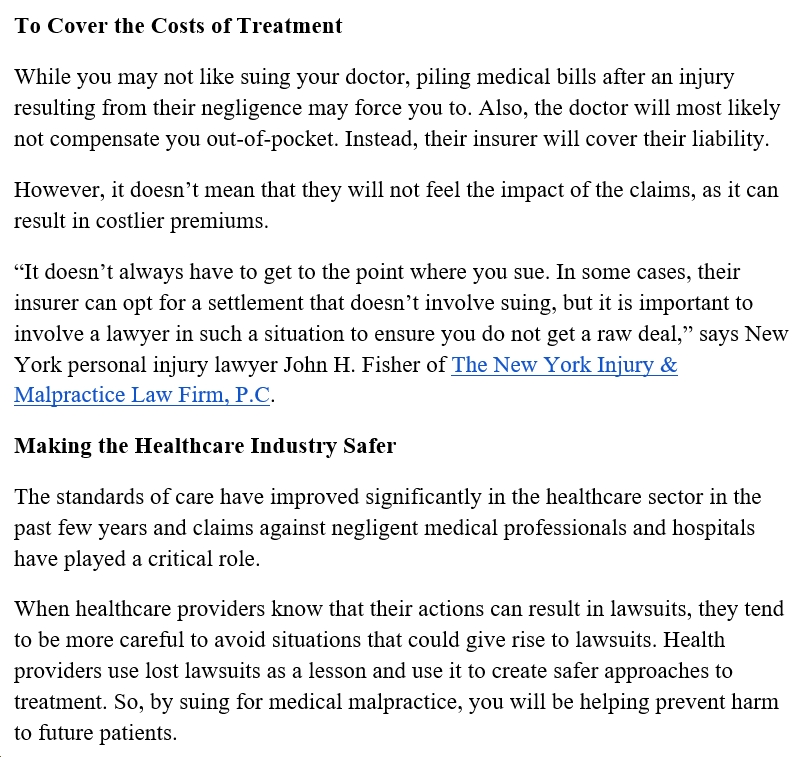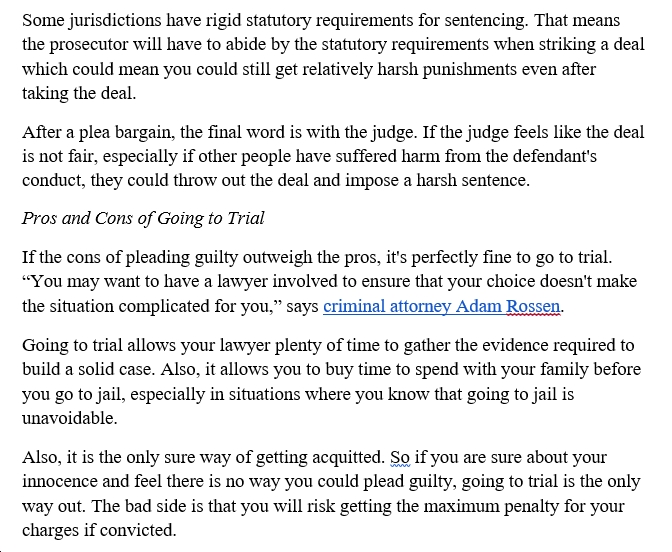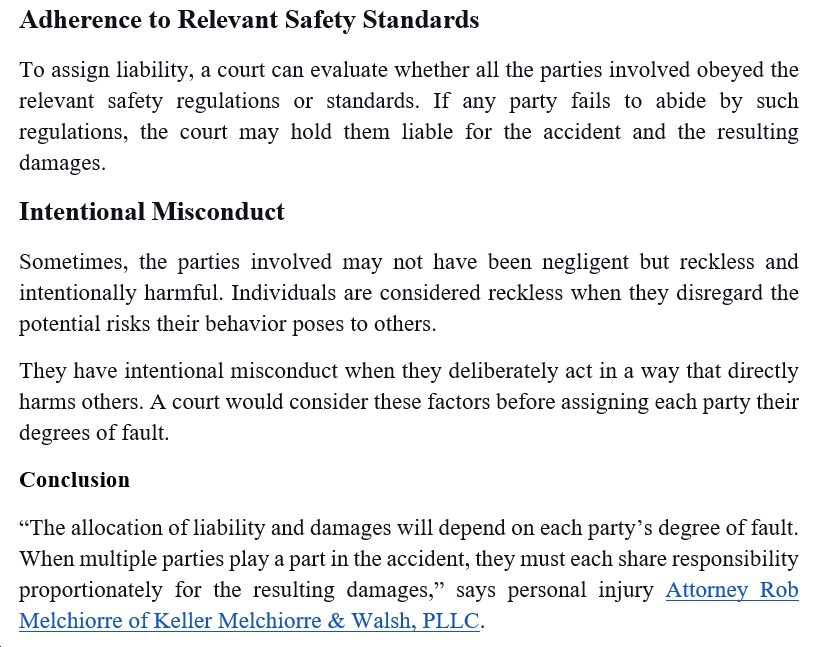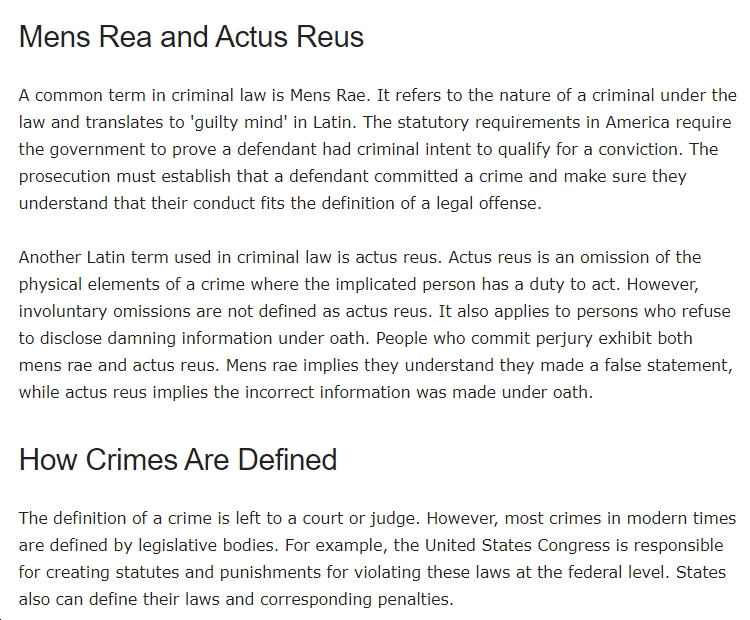SPONSORED CONTENT
Drivers have a couple of options when faced with paying a traffic ticket. They can either agree to pay for the ticket or choose to go to court. Before a driver chooses either of the options, they need to understand the situation clearly.
The driver’s decision is dependent on the traffic violation situation. The recommended thing to consider would be how much impact the two options would cost you. Typically, if the fines and other repercussions are excessive, a driver may choose to fight the violation.
A traffic lawyer can help you defend your case better and may increase the chances of your success.
Fighting a traffic case, however, does not guarantee automatic success. As such, “hiring a good traffic lawyer is advisable to help understand the legal process,” says lawyer Omeed Berenjian of BK Law Group.
What a Driver Should Consider Before Paying a Traffic Ticket or Fighting the Violation
Instead of getting impulsive when faced with traffic tickets, here are some things to consider instead;
Insurance Impact
Traffic violations lead to increased insurance rates, and insurance companies account for these violations when calculating the cost of policies yearly. As such, drivers ticketed for a driving violation can see an average increase in insurance costs from $31-$1,077. This can also be more problematic as driving violations typically remain on your driver’s record for at least three years.
Some violations can increase your premiums by over 60 percent. These high-risk violations include hit and run (70 percent), racing (65 percent), DUI (62 percent), and refusal to submit to a chemical test (61 percent). Usually, these costs vary from state to state.
Non-insurance Penalties
Getting penalized by the Department of Motor Vehicles (DMV) is possible. Aside from increased insurance rates, the driver may face additional penalties depending on the severity of the ticket and violation. When motorists are caught driving under the influence of drugs or alcohol, the DMV may suspend the driver’s license for up to three months.
For second-time offenders, the DMV may suspend your license for up a year or more.
You can have your driver’s license suspended when there are points on or removed from the license due to additional penalties. The point system depends on the state. Many insurance companies use the point system, too, so a driver with a risk of insurance would have more expensive insurance premiums.
An increased penalty can also lead to additional activities, such as installing a breathalyzer in the driver’s vehicle. A breathalyzer device in a car is used to restrict a driver from driving if they fail to pass a Breath Alcohol Content (BrAC) test.
Other Impacts
There may be other implications of facing or fighting a traffic ticket. For example, a driver may encounter problems at work due to a DUI or felony conviction. This can lead to punishments like demotion and even cost them their job in some settings.
Choosing to pay a ticket can also affect the driver, especially if the charges are high and they are not financially stable. Stigma in a community is also possible in cases where the driver is found guilty and arrested for a serious offense. However, the type of ticket, according to the Department of Motor Vehicles, is what will determine the consequences to be faced by offenders.
Conclusion
When ticketed for a driving violation, you can pay the ticket or choose to take the case to court. Depending on your action, you may either come out with little trouble or escalate the situation. When settling for a choice, ensure you are fully aware of your situation.
















